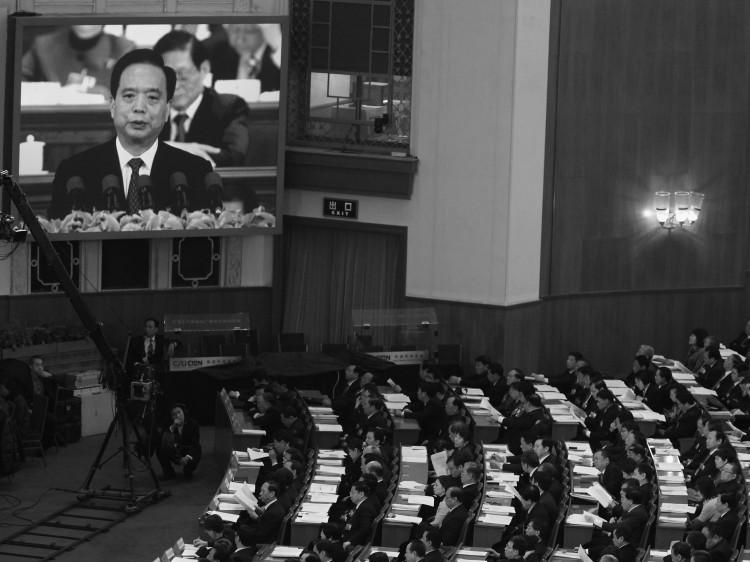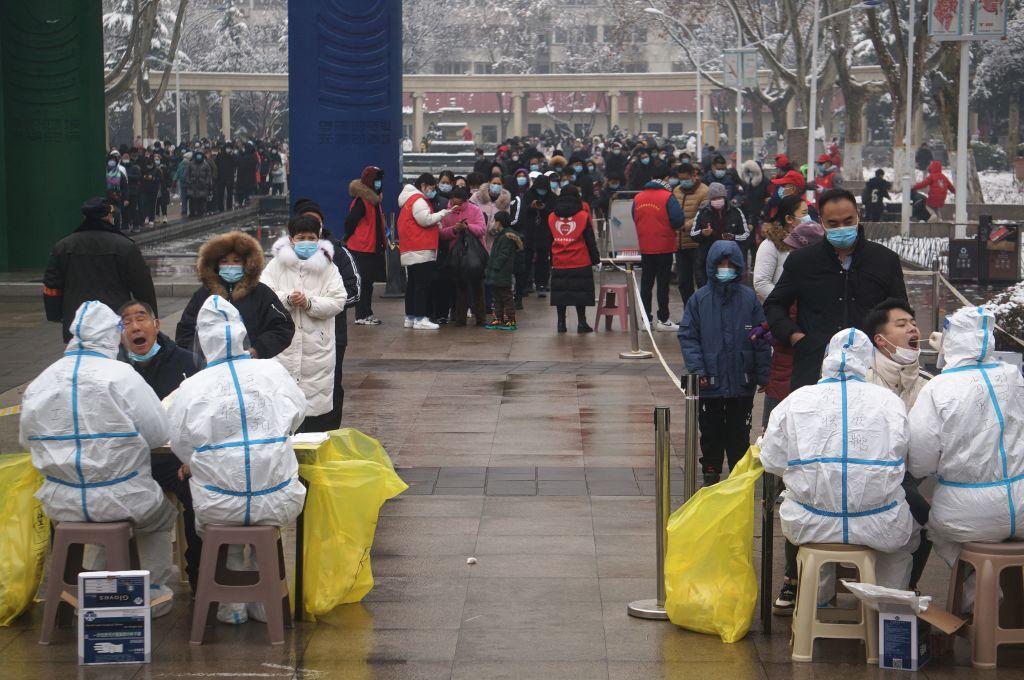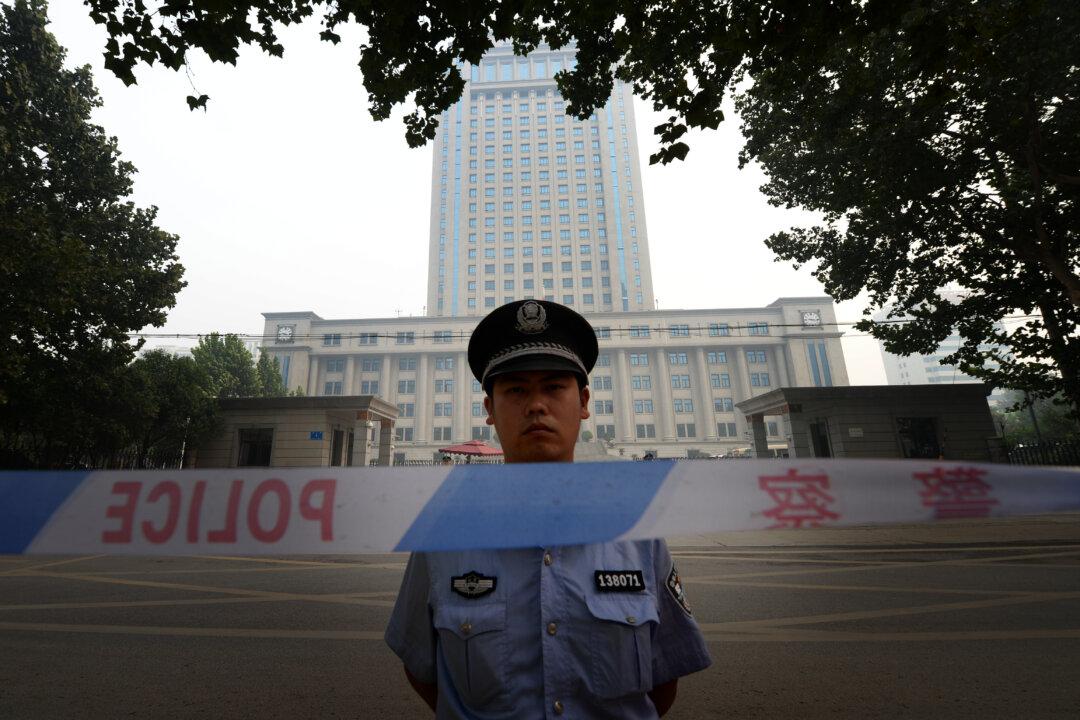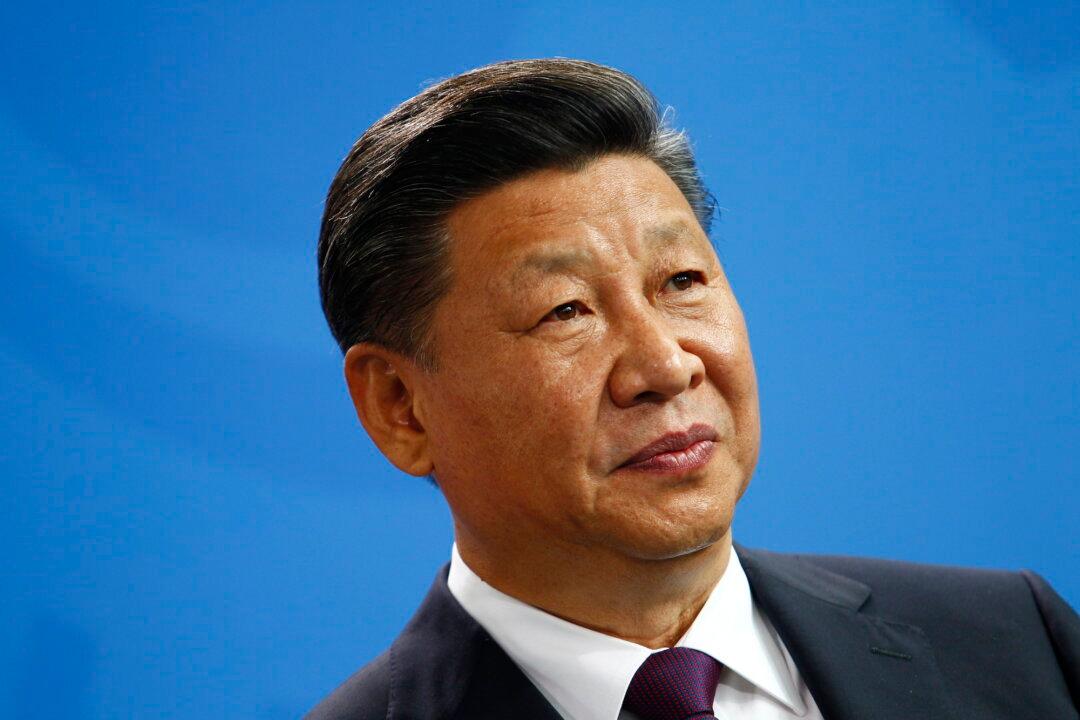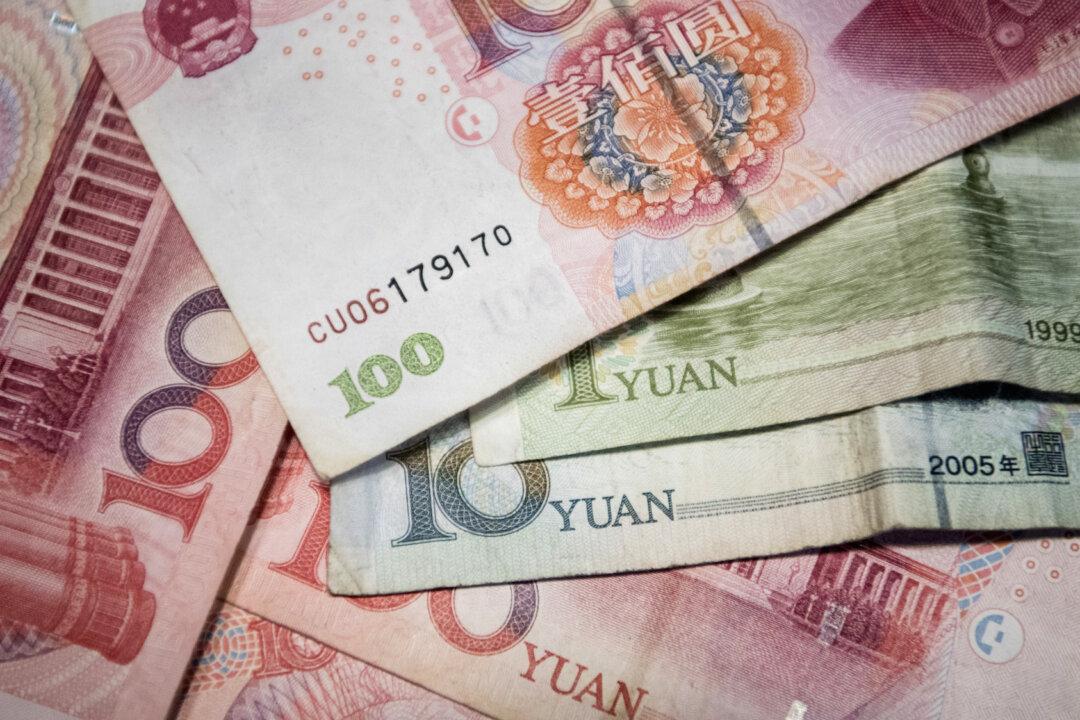Politburo member Li Jianguo, Vice Chairman and Secretary General of the National People’s Congress, has been denounced for expediting his nephew’s promotion to a high position during Li’s tenure as Party Secretary in Shandong Province.
Activist Han Chongguang from Handan city, Hebei Province, posted the accusation on Sina Weibo, and also submitted it to a Chinese Communist Party (CCP) anti-corruption website.
